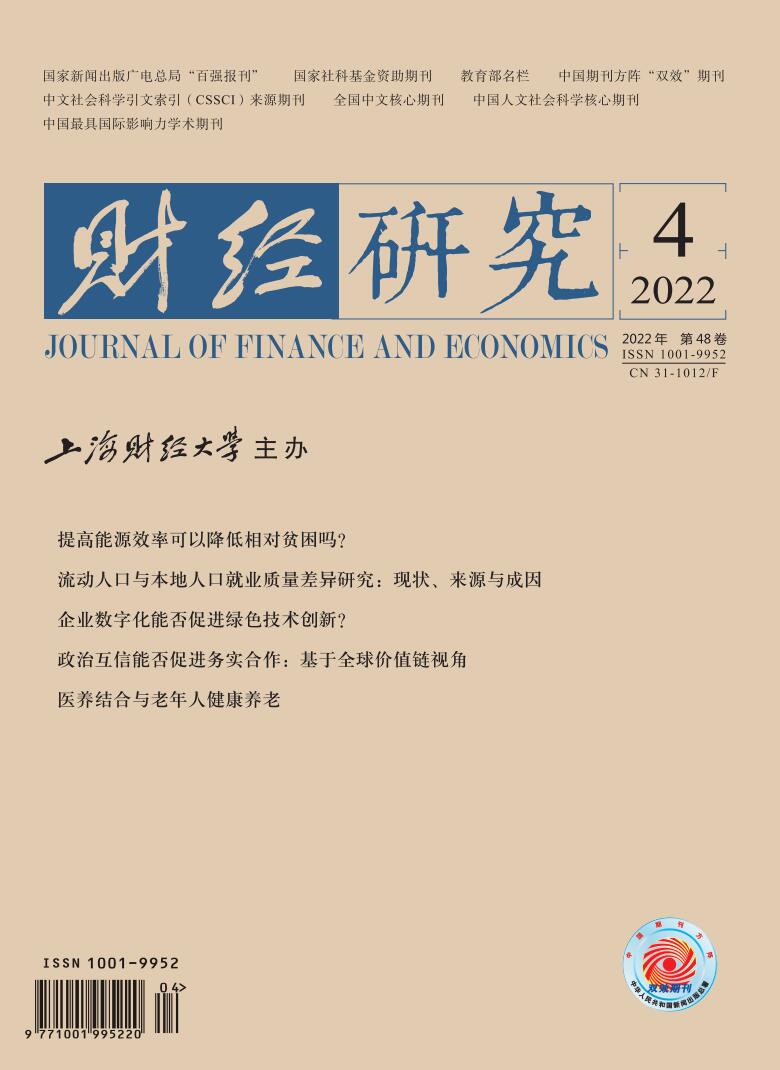With the proposal of goals such as “not only mountains of gold and silver, but also clear waters and green mountains” “carbon peak” and “carbon neutrality”, it reflects the increasing contradiction between China’s environmental governance and economic development, and the environmental governance problem cannot be ignored. Therefore, the green development path is the inevitable choice to achieve sustainable development. As a new policy means gradually rising, whether voluntary environmental regulations can better balance environmental protection and economic growth is an important issue worthy of in-depth study. Using the database of Chinese industrial enterprises, pollution emission data of industrial enterprises and inventory data of government energy-saving procurement enterprises, this paper empirically tests the impact of voluntary environmental regulations of government energy-saving procurement on enterprise pollution emission by constructing a DID model. The results show that: (1) After the implementation of the policy, the sulfur dioxide emission of the experimental group is significantly lower than that of the control group, indicating that the government energy-saving procurement policy inhibits the pollution emission of enterprises. This conclusion is still valid after multiple robustness tests. (2) The mechanism test shows that the government energy-saving procurement policy inhibits the pollution emission of enterprises through strict constraints on all links of enterprise production, including improving the energy structure in the initial stage of production, innovating production technology in the production process and improving the pollution treatment capacity at the production terminal. (3) The heterogeneity test shows that on the one hand, the government energy-saving procurement policy breaks the original collusion atmosphere between the government and enterprises, resulting in a greater pollution reduction effect of state-owned enterprises. On the other hand, the policy also gives enterprises more autonomy, resulting in a greater pollution reduction effect of enterprises with low pollution emission intensity. (4) The government energy-saving procurement policy can not only reduce the pollution emission of enterprises, but also promote the improvement of enterprise output and green total factor productivity. This paper studies the policy effect of voluntary environmental regulations, which enriches the micro evidence of the implementation effect of voluntary environmental regulations. At the same time, the research conclusion also shows that voluntary environmental regulations can better balance environmental protection and economic growth. This provides a more novel idea and perspective for the government to formulate effective and reasonable environmental policies in the period of high-quality economic development, which is conducive to the further improvement of follow-up policies.
 / Journals / Journal of Finance and Economics
/ Journals / Journal of Finance and EconomicsJournal of Finance and Economics
LiuYuanchun, Editor-in-Chief
ZhengChunrong, Vice Executive Editor-in-Chief
YaoLan BaoXiaohua HuangJun, Vice Editor-in-Chief
Voluntary Environmental Regulations and Enterprise Pollution Emission: Based on the Empirical Test of Government Energy-saving Procurement Policy
Journal of Finance and Economics Vol. 48, Issue 04, pp. 49 - 63 (2022) DOI:10.16538/j.cnki.jfe.20220215.102
Summary
References
Summary
Cite this article
Bu Xiaoning, Zhao Lihua. Voluntary Environmental Regulations and Enterprise Pollution Emission: Based on the Empirical Test of Government Energy-saving Procurement Policy[J]. Journal of Finance and Economics, 2022, 48(4): 49-63.
Export Citations as:
For
ISSUE COVER
RELATED ARTICLES




 5904
5904  6236
6236

